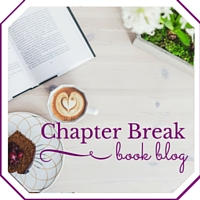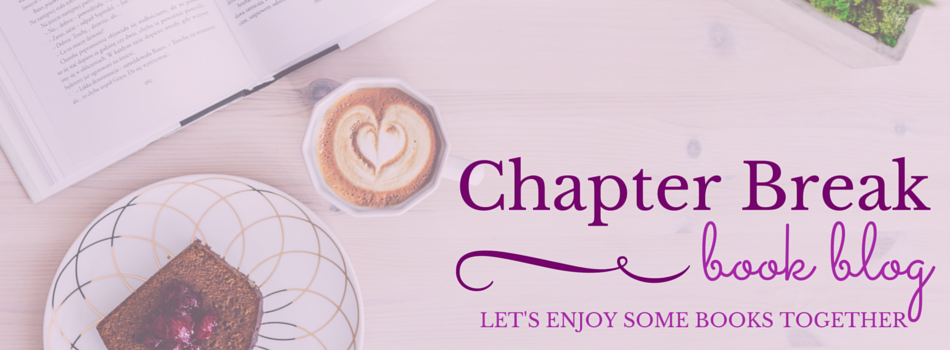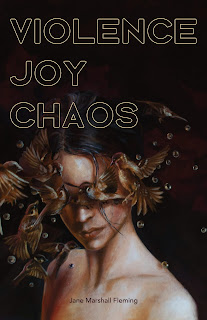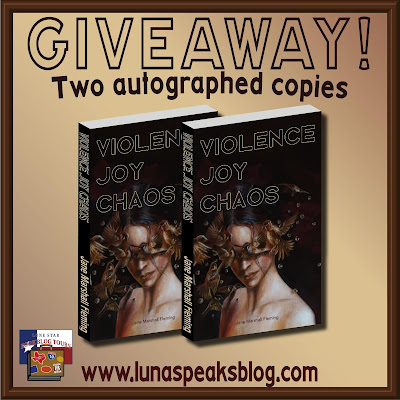
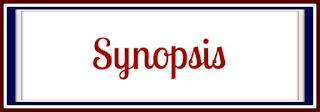
This debut full-length hybrid collection of essays and poetry explores the moments of joy and chaotic hilarity that mingle with the experiences of trauma and trauma recovery.
Jane Marshall Fleming writes with boldness and shows the beauty in every moment amidst violent chaos, embracing joy just as much as darkness. Moving from a backdrop of a small Virginia town and eventually finding herself in the freedom and wilderness of the desert, readers will follow the author on her journey mapping her skin, sharing in her joys, grief, pain, loss, discovering love and self-growth, night-blooming like a desert flower.
┃ Rhythm & Bones Press ┃
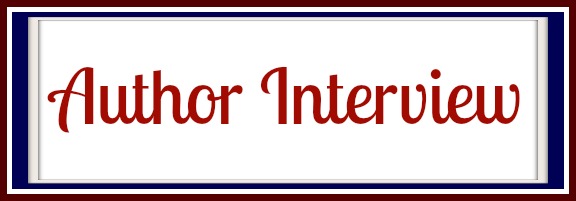
Interview with Jane Fleming
How has Texas influenced your writing?
I am originally from Virginia, but I am not sure that I would have been able to write this book if I had never arrived in Texas. I moved to El Paso in 2014 and, for the first time in years, felt like I could finally breathe. I fell in love with the desert, the sunshine, and the people. In fact, in my first chapbook, Ocotillo Worship, I used the desert as the book’s unifying theme. I have made so many friends in Texas who inspire and encourage me and for that, I am extremely grateful. I know that I have not been here long enough to be considered a Texan, but Texas definitely feels like home.
How long have you been writing?
This may be a cliché answer, but I have been writing as long as I can remember. Last summer, my mother was starting to pack up my childhood home to prepare it to be sold and found a journal with poems that I was attempting to write when I was six or seven years old. All through middle school and high school, I would have up to ten different notebooks I was writing in at a time and I wrote nearly every night. In college, I switched to writing on a laptop and that has been my process since, but it feels like something that is just a very natural impulse.
What cultural value do you see in [books, writing, reading, and/or storytelling]?
The most basic way to answer this would just be to say, “I see a lot of cultural value” in books, writing, reading, and storytelling. Of course, we live in a world where rapidly changing technologies complicate or change the ways that we interact with narratives and stories so many have feared that over time the book would become obsolete. However, the recent popularity of local independent bookstores, I think, has on some level proved those folks wrong. I think that the reason books are still so culturally salient is because as humans, we in large part define ourselves and communities by the stories that we tell each other about ourselves. We need storytellers to help us reflect and process the good, the bad, and the ugly. We need storytellers to give us our mythos, our histories, and a sense of ancestry and lineage. We need storytellers to imagine our futures and hold us accountable for our actions. This is a need that I believe and hope will never go away.
What was the hardest part of writing this book?
When I started to write this book, I just decided to write the stories I felt like I needed to— no matter how traumatic they were— and then I would decide what would stay in and be taken out later. This required me to write through events that I had previously avoided writing about because I just simply did not feel as though I had the words. So, finding those words was the first challenge. The most difficult part of writing the book, though, came when I was deciding what would stay in the book— which traumas and low moments I was going to share with readers, including those close to me. Ultimately, I made the choice to practice radical vulnerability and bare even the most uncomfortable parts. While it has been super uncomfortable and anxiety-inducing for me as I worry about judgement that might be cast on me, my choices, and otherwise, I felt like the potential to make another person feel less alone in their journey by sharing my own story was more important than my discomfort.
What projects are you working on at the present?
I just started working on my first novel! I took a pretty long break from writing after I finished Violence/Joy/Chaos perhaps out of exhaustion or just a sense that my creative brain needed to recharge. That is not super unusual for me— I tend to write/create in cycles rather than on a regular schedule (i.e. I will be hyper productive for four months and then take two months off). Working on a novel is a fairly large step out of my writing comfort zone since I generally consider myself a poet and lyrical essay writer. Of course, I haven’t abandoned that aesthetic— my novel is formatted like a collection of essays, although they are fictional and narrativize the experience of a fictional character. I am super excited to work through this project and share it with the world when it is ready.
What is your favorite quote?
I read a ton (I am an English PhD student and also a writer, so reading several books in a week is not that unusual), so I have a lot of favorite quotations, but the one that really stands out to me is a piece of a poem by Warsan Shire:
“you are terrifying
and strange and beautiful
something not everyone knows
how to love.”
Funny enough, I first ran into this quote in the email signature of one of my professors in undergrad. I read the poem, which is about being a woman who lovers accuse of being “too much” or too intense for them. I loved it then, but it resurfaced as part of pop culture when Beyoncé used Shire’s poetry in her album, Lemonade. So, it became a pretty well-known cultural reference that I could easily share with my students (which I do, every semester). But the quote itself speaks to me because I have often felt like I was too much, like I should apologize for taking up space, for feeling powerful. But this poem felt like it really authorized me to own my power. I am not for everyone and that is just fine.

| Bourdeau Photo |
VISIT THE OTHER GREAT BLOGS ON THE TOUR:
|

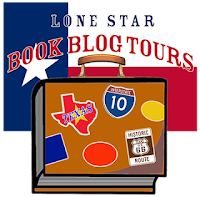
Note: Some posts may contain affiliate links. Should you choose to purchase a product, we will receive a small commission for the sale at no additional cost to you. Chapter Break is a participant in the Amazon Services LLC Associates Program, an affiliate advertising program designed to provide a means for sites to earn advertising fees by advertising and linking to Amazon.com.
